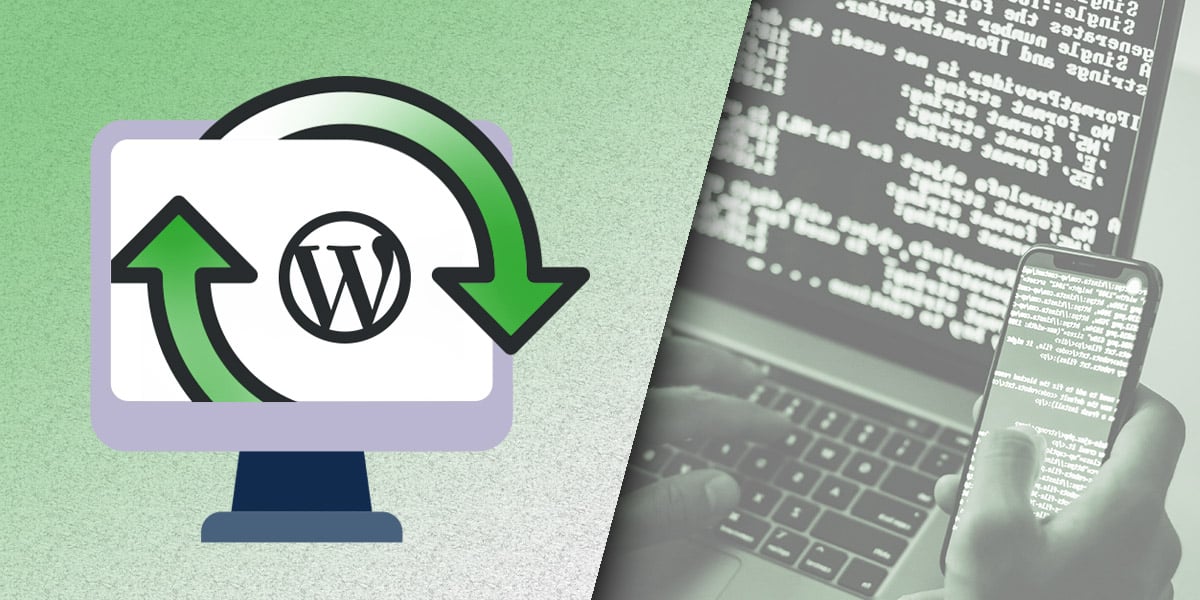
We monitor the speed of your website. We do this automatically and daily, allowing us to continuously keep an eye on your website’s speed.
It is common for a website to become slower over time.
Some reasons why a website can slow down:
– The success of the website leads to increased visitors, which requires more server capacity.
– The cache becomes filled up and needs to be cleared.
– Large images are added to the website without lazy loading.
– The server is shared with others (shared server) and more users are added to it.
– Adding plugins increases the server load.
– Code errors cause delays.
– Missing files (404 errors) result in long loading times.
– Outdated PHP versions load websites slower compared to newer versions.
As you can see, there are various reasons why a website can slow down. This can happen gradually, making it difficult for you to notice it yourself.
The pitfall of a fast fiber connection
We often see websites being tested with a fiber connection, which can lead to the website size increasing significantly in megabytes, resulting in long loading times on mobile devices. Mobile devices account for 25-35% of all visitors!
Speed and your Google indexing
Keep in mind that Google measures both desktop and mobile speed when categorizing a website in the Google index. Slow websites on mobile networks will appear lower in search results for mobile searches.
What is considered fast?
The speed of a website should also be considered relative to the size and type of the website. An e-commerce store with product pages naturally loads more data and attracts more visitors.
We know how fast a website should be, how your competition is doing, and often, we can identify the causes of the slowdown.
Pagespeed monitoring is important for serving and retaining your visitors, as well as essential for websites that need to maintain a good ranking on Google.
We provide standard pagespeed monitoring with our security packages.



